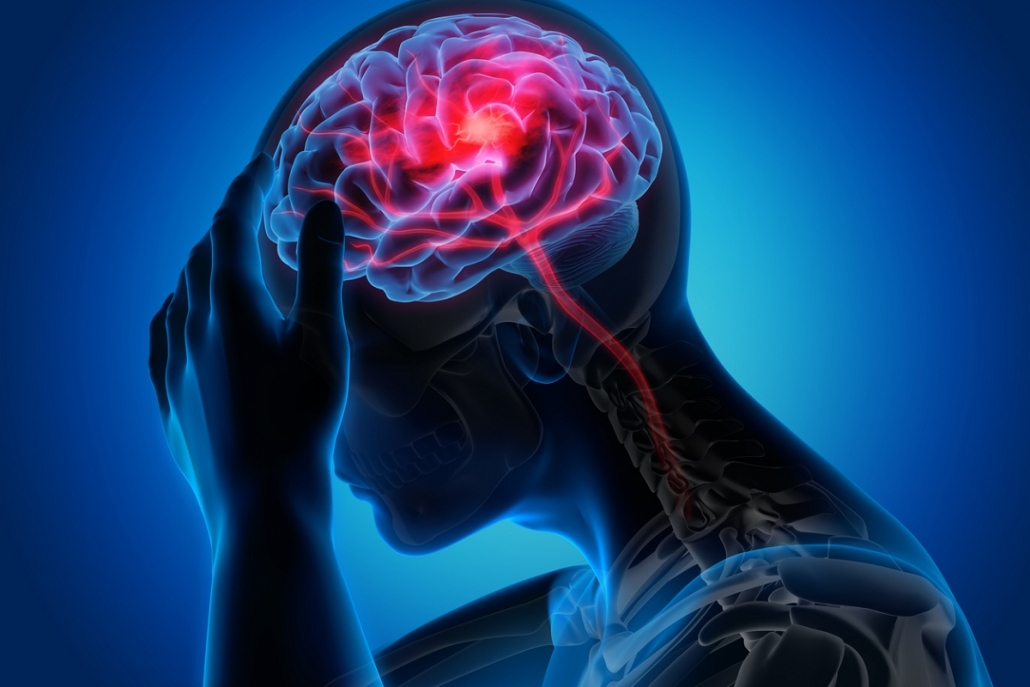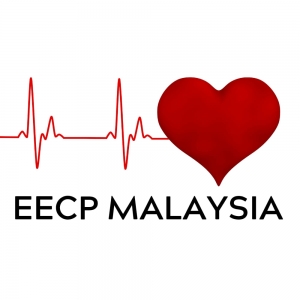Unlocking Neurological Potential: How MSCs Work in Stem Cell Therapy for Neurological Disorders

Neurological conditions, like stroke, spinal cord injury, and neurodegenerative diseases, pose significant challenges for patients and healthcare providers. However, the latest research on mesenchymal stem cell (MSC) therapy has instilled newfound optimism for treating these disorders. This article delves into the mechanisms by which MSCs unlock the neurological potential in stem cell therapy. From facilitating neuroprotection and modulating neuroinflammation to stimulating neural regeneration, MSCs hold immense potential for revolutionizing the field of neurological disorder treatments.
Neuroprotection and MSC Therapy
Ensuring neuroprotection stands as a crucial element in the treatment of neurological disorders. MSCs possess paracrine signaling abilities that allow them to release an array of neurotrophic factors supporting the survival and well-being of existing neurons. These factors include brain-derived neurotrophic factor (BDNF), nerve growth factor (NGF), and glial cell line-derived neurotrophic factor (GDNF). By fostering a nurturing environment, MSCs shield vulnerable neurons from further harm while promoting their functional recovery. Notably, this neuroprotective role has shown promise in addressing conditions like stroke, traumatic brain injury, and Parkinson’s disease.
Modulating Neuroinflammation with MSCs
Neuroinflammation, characterized by immune cell activation within the central nervous system, plays a pivotal role in the advancement of numerous neurological disorders. MSCs exhibit potent immunomodulatory properties that help regulate the inflammatory response. These cells can suppress the activation of microglia and astrocytes, decrease the release of pro-inflammatory cytokines, and encourage the secretion of anti-inflammatory factors. Through these actions, MSCs create an anti-inflammatory environment that mitigates neuronal damage and facilitates the healing process. This capability shows promise in disorders such as multiple sclerosis, Alzheimer’s disease, and spinal cord injury.
Neural Regeneration and MSC Therapy
MSCs harbor regenerative potential due to their capacity to differentiate into neural cells and support the growth of fresh neurons and neural connections. In stem cell therapy, MSCs administered through various mechanisms can foster neural regeneration. They secrete factors that enhance angiogenesis, promoting improved blood supply to damaged regions and facilitating the growth of new blood vessels. Additionally, MSCs release growth factors that stimulate the proliferation and differentiation of neural stem cells, aiding in the formation of new neurons and neural networks. These regenerative effects hold promise for conditions like spinal cord injury, cerebral palsy, and Huntington’s disease.
Clinical Applications and Future Directions
The potential applications of MSCs in treating neurological disorders are vast. Clinical trials have demonstrated the safety and potential efficacy of MSCs in various conditions, offering a glimpse into a future where MSC therapy becomes a standard treatment option. However, further research is required to optimize delivery methods, dosage, and timing of MSC administration. Additionally, ongoing efforts to genetically engineer MSCs aim to enhance their therapeutic potential further. As the field of regenerative medicine rapidly evolves, MSCs offer tremendous promise in unlocking the neurological potential and revolutionizing the treatment landscape for patients with neurological disorders.
Mesenchymal stem cells (MSCs) have exhibited remarkable potential in the realm of stem cell therapy for neurological disorders. Through their neuroprotective effects, ability to modulate neuroinflammation, and capacity to promote neural regeneration, MSCs present exciting possibilities for improving patient outcomes. As research and clinical trials progress, MSC therapy holds the potential to revolutionize the treatment of conditions such as stroke, spinal cord injury, and neurodegenerative diseases. The future is bright for harnessing the neurological potential of MSCs and transforming the landscape of neurological disorder treatments.
PubMed Article: https://pubmed.ncbi.nlm.nih.gov/31662153/


